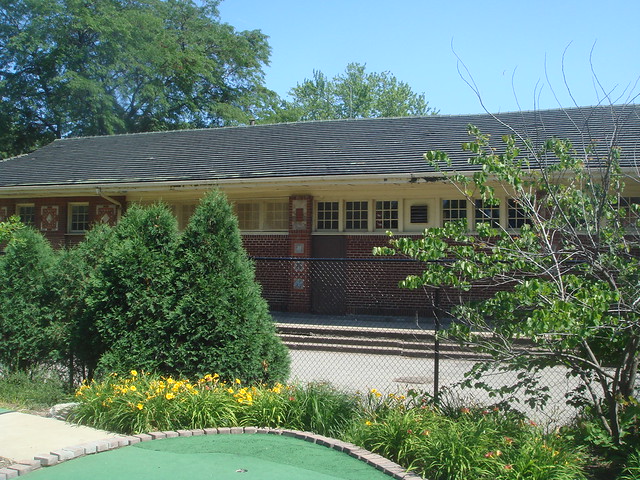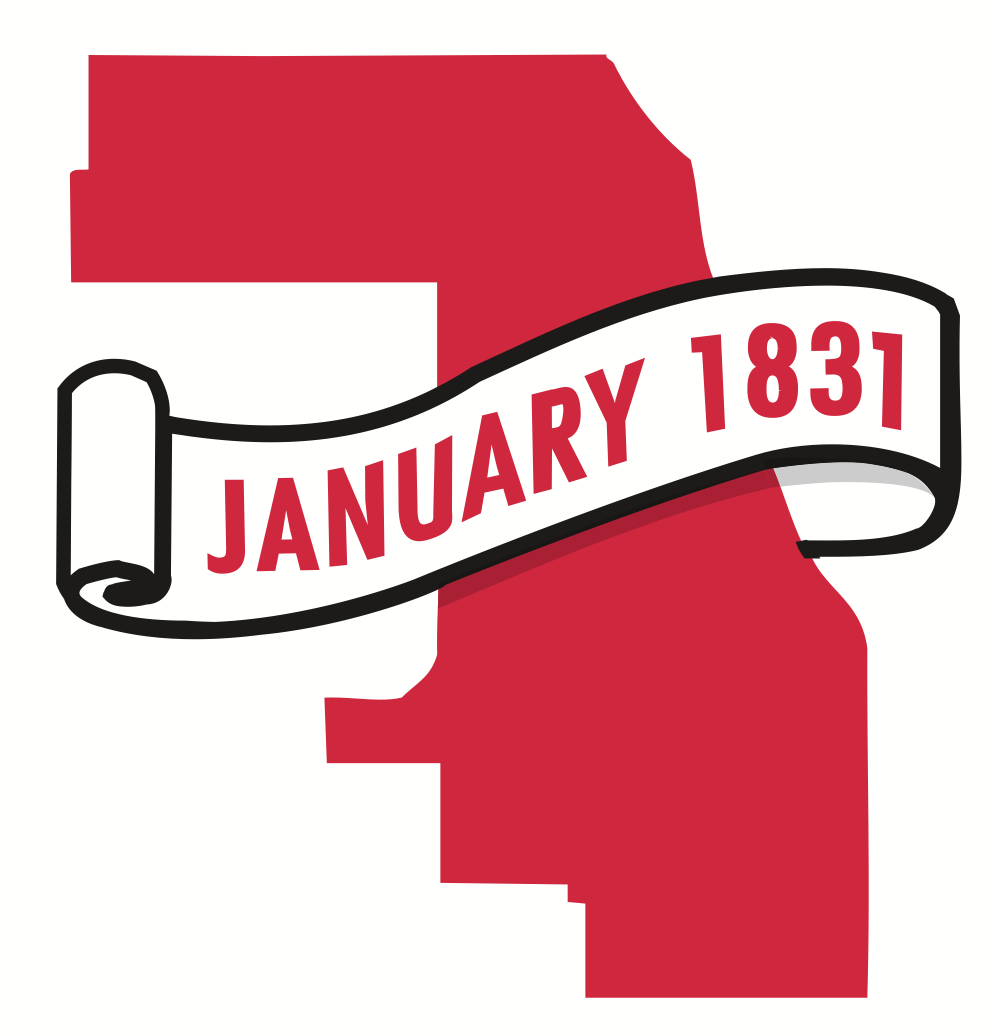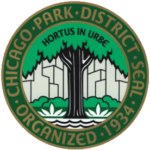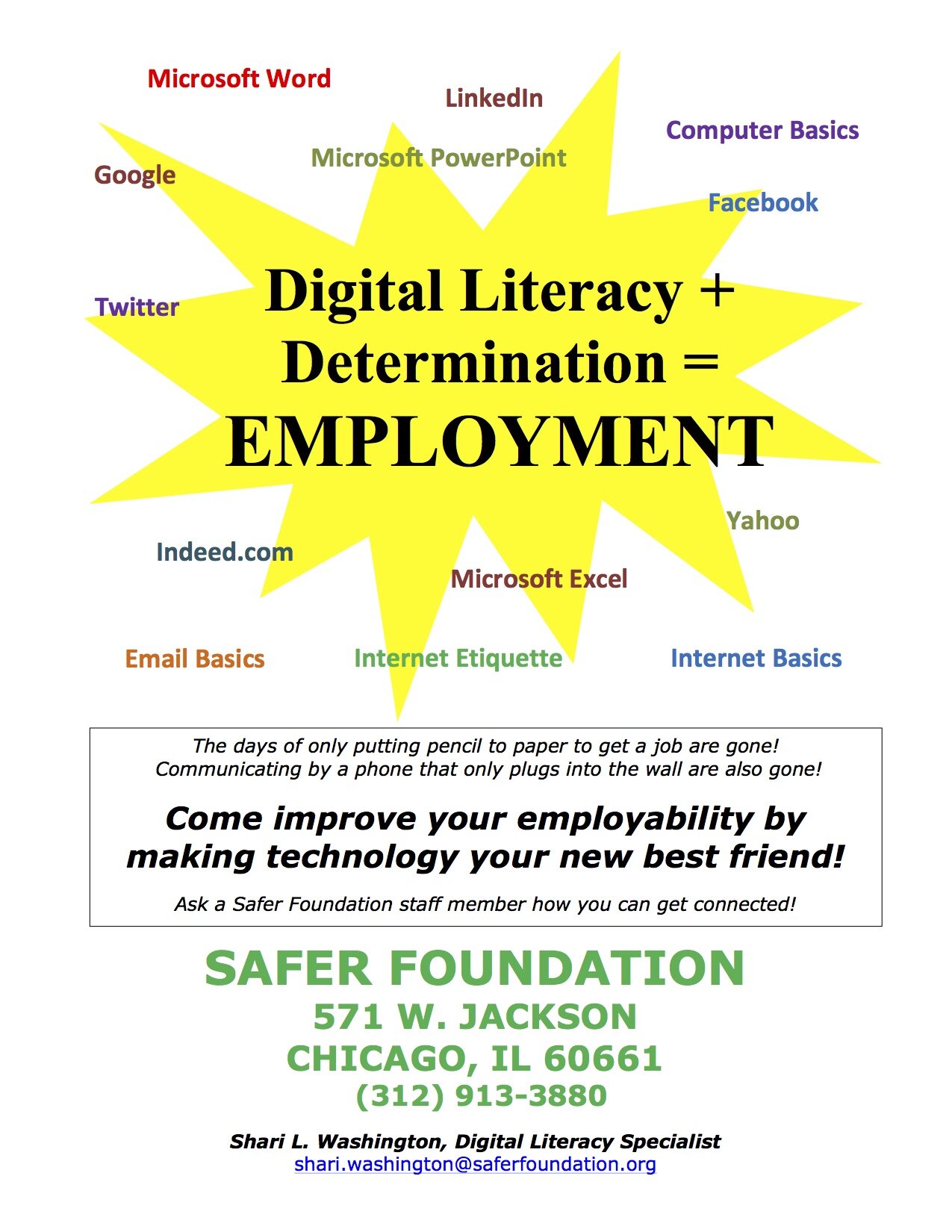Last Thursday at the Chicago Community Trust, the OpenGov Chicago Meetup resumed after an extended summer break. It was the first in a series of meetups that will focus on learning about and helping microdemocratic groups that interact with official government functions – starting first with park advisory councils. Here’s the raw meeting notes.

Chicago is now routinely lauded for its open data policies and for the work of civic hackers using that data to impact communities. However, we felt that there was something missing. Here’s an excerpt from Opengov Chicago founder Joe Germuska’s post about what’s next:
But we feel like there’s still an element missing from the mix. Open Government shouldn’t only be about open data. We want open to be about participation. From the beginning, we have stressed the idea that “we the people” means thinking of government as “us” more than “them.” We want to look for ways that technology can facilitate that.
To begin with, we are going to learn more about existing microdemocratic systems in Chicago. In dozens of locations, several times a year, citizens get together to make their local parks and schools better, or to better understand the public safety situation in their beat.
Here’s Germuska starting out the meeting explaining the new format:
Lionel Rabb, Jefferson Memorial Park Advisory Council
Our first speaker was the President of the Jefferson Memorial Park Council. The Jefferson Memorial Park Advisory Council (JMPAC). While JMPAC is a 501(c)3, often times Park Advisory Councils have a fiduciary agent like Friends of The Park so that they don’t have to from a non-profit. (Which takes a lot of time an effort.) JMPAC still uses Friends of the Park as it’s agent. The fee for this service is about $100, but next year the Park District will start offering this service as well.
During the year, JMPAC runs events, conducts fundraising, and help to secure improvements to the park such as installing recycling bins and restoring the park house. One of the events are “Bouncy Tuesdays,” a bi-weekly Tuesday after-work event where the park sets up bounce houses and 200 folks come and play and mingle. To communicate with their membership, JMPAC uses the email marketing app called Constant Contact.
Here’s Lionel Rabb speaking about their work.
Kim duBuclet, Chicago Park District
The Chicago Park District is the city department that manages all 580 parks within the City of Chicago. The Park District works with the volunteer park advisory councils to help support parks throughout the city. If you want to form a park advisory council, you’ll need to following.
- File an Intent for Form a Park Advisory Council with the Park District
- Convene an official meeting
- Recruit at least three members
- And fill out the necessary forms to register your council with the Park District
Here’s duBuclet speaking more about what it takes to form a park advisory council and how they work with the Park District.
Bobbi Nance, Park District of Oak Park
The agenda stepped away from Chicago to hear from Bobbi Nance of the Park District of Oak Park.
Nance talked with the group about the software they use for data-driven decision making. One of the more interesting observations that she had was that registration at events went down when the park stopped printing. People wanted to see the material in their hands.
Nance has put together a performance management program called “Empower” that uses charts and graphs make the data easier to understand. Park managers also actively solicit input from park customers using a tablet and make the survey is available online. One of the data points the park district monitors is the ‘perceived safety’ score. When that score starts to drop, park district employees get an alert so they can take proactive steps to resolve the issue. Using data has helped improve employee satisfaction with internal training and professional development as well as given the park district new insight on park customer demographics.
To manage their customer service interactions, the Park District uses RecTrak software. With the RecTrak software, they can export their events into their own custom calendar. In addition, they also use iDashboard to help display data internally.
Nance says that park districts love to share ideas and best practices. They’re part of the Illinois Parks and Recreation Association.
They also take part in National Recreation and Park Association. One of the best resources that comes from being part of NRPA is PRORAGIS. PRORAGIS is the national recreation and parks database and THE source for critical data designed to assist park and recreation professionals in the effective management and planning of their resources and facilities.
Here’s Nance describing the tools:
Louise McCurry, Jackson Park Advisory Council
We were also joined by Louise McCurry – President of the Jackson Park Advisory Council. Jackson Park is one of the Chicago’s oldest parks with it’s history preceding the 1871 Chicago fire. The Illinois General Assembly created the South Park Commission to develop and manage the park in 1869. At one point, Jackson Park was home to Nike Missiles during the Cold War.
Jefferson Park is a very busy place. In the last four months alone, they’ve had 550 people tour the park and dozens of people volunteering. One of their more interesting projects has been adding satellite tags to all of the trees. (The old tags kept getting stolen.) They’ve also worked hard to remove all the invasive plants from the area – which has allowed more than 200 oak trees to bloom.
McCurry came to the meeting with a specific set of needs.
- An inexpensive way to print out business card program
- Training staff on the issue reporting system (Such as damaged benches)
- Help with volunteer database management
- Posting newsletters and meeting minutes online
- Tech teachers and trainers with patience
- Source for cheaper t-shirts and brochure printing
- Cheap way to make maps that help guide visitors through the park
- Fundraising help
You can see her whole presentation below:
Dan O’Neil, Smart Chicago Collaborative
The important thing to remember about the new format is that it gives us the ability to extend the work beyond meetups. Before the meeting, we worked with Oprima-1 to get information on all the park districts into a single spreadsheet. The Smart Chicago Collaborative is also working on a program that will pay people to go to Park Advisory Council meeting and document the proceedings. We’ll have more information on that program shortly.
Here’s me describing next steps:
Our next OpenGov Chicago meetup will be our Holiday Party at the Chicago Cultural Center. Click here to register!






